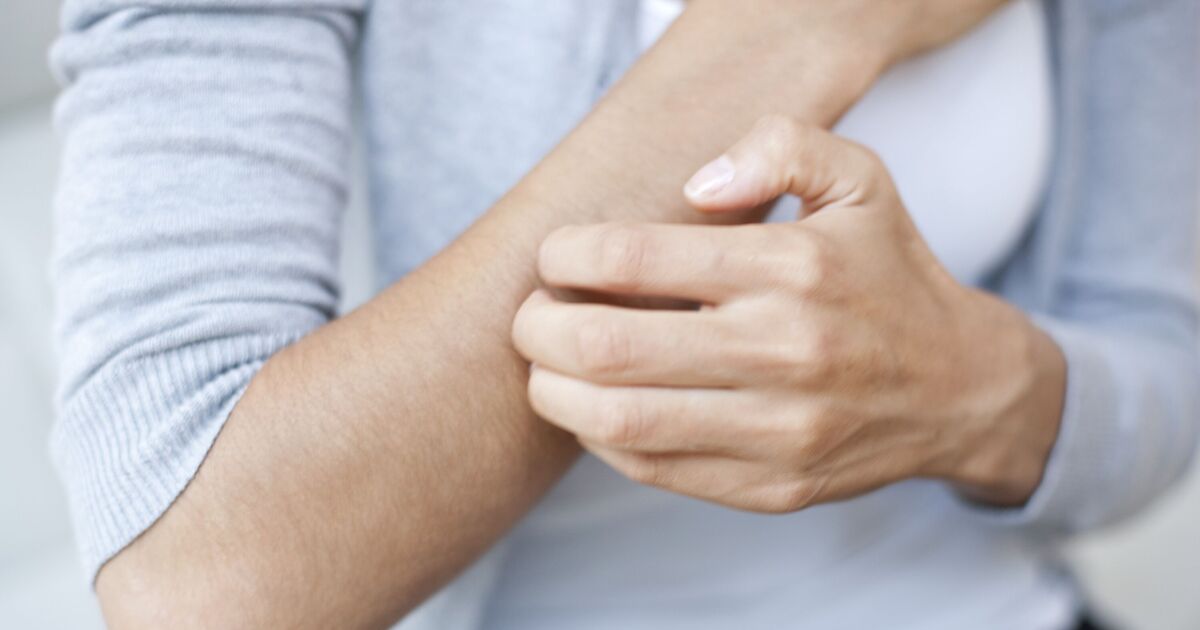The United Kingdom Health Security Agency (UKHSA) has announced the detection of the first case of Clade 1b mpox in the UK. This variant is reportedly more infectious than Clade 2 mpox, which has been present at low levels in the UK since 2022.
The discovery has put people on high alert due to the potential impact of this more infectious variant. Asda Online’s Doctor Kathryn Basford has outlined the most common symptom of mpox: “The most common symptom of mpox is a rash that typically starts on the face and spreads to other parts of the body.”
She added: “The rash progresses from flat lesions to raised bumps, then fluid-filled blisters, and finally, scabs that eventually fall off. The rash may start with, or be followed by, a fever, headache, muscle aches, swollen lymph nodes, and fatigue.”
Despite concerns about the return of restrictions, Dr Basford reassured that this was unlikely. She continued: “While there have been a small number of mpox cases in the UK, the risk of catching it is generally low. It is unlikely that we’ll see the return of face masks and restrictions to prevent the spread of mpox,” reports SurreyLive.
“Instead, if you catch mpox or you think you might have caught it, you should self-isolate to prevent spreading the virus, especially until the rash has fully healed, and notify close contacts so they can monitor for symptoms.”
After the first case of Clade 1b mpox was reported in the UK, Chief Medical Adviser at the UKHSA Professor Susan Hopkins reassured: “The risk to the UK population remains low, and we are working rapidly to trace close contacts and reduce the risk of any potential spread.
“In accordance with established protocols, investigations are underway to learn how the individual acquired the infection and to assess whether there are any further associated cases.”
Health Secretary Wes Streeting expressed his gratitude: “I am extremely grateful to the healthcare professionals who are carrying out incredible work to support and care for the patient affected.”
“The overall risk to the UK population currently remains low and the government is working alongside UKHSA and the NHS to protect the public and prevent transmission.
“This includes securing vaccines and equipping healthcare professionals with the guidance and tools they need to respond to cases safely.”










